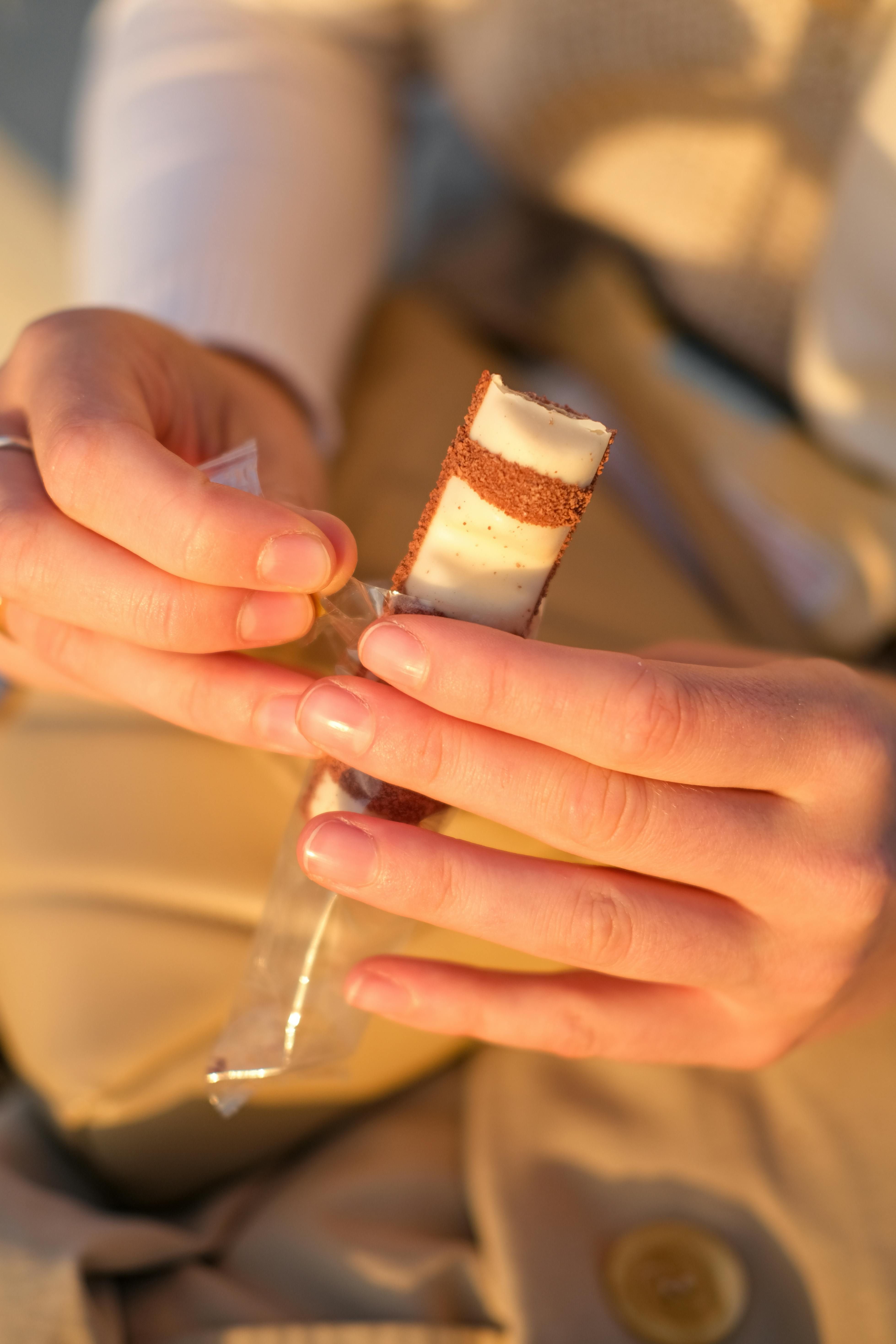Condom Lifespan: Unraveling the Mystery Surrounding Condom Expiration Periods
Better Safe than Broken: Extend Your Rubber's Shelf Life
Condoms—whether you call them "raincoats," "skinners," or "one-size-fits-all," they're an essential tool in preventing unwanted pregnancies and sexually transmitted infections (STIs). But did you know that these protective devices do have a lifespan?
Yes, my friend. Condoms can and do expire. So, let's dive into the details of why, how, and what to do if you find yourself in a tricky situation.
Are Expired Condoms Safe?
Using an expired condom may lead to reduced effectiveness. After all, don't want broken barrier protection when you're engaging in high-stakes activities. Condoms keep unwanted love juices at bay and shield you from a myriad of STIs, such as gonorrhea, chlamydia, and, most notably, HIV.
Why Condoms Expire
Several factors determine a condom's longevity. If you store them well, you can keep your condoms for a pretty long while—between 3 to 5 years, on average. But if you expose them to heat, sunlight, or harsh conditions, it'll cut their lifespan short.
The material also plays a role. Condoms made from lambskin tend to have a reduced lifespan compared to those made from synthetic latex or polyurethane. Additives like spermicide can also shorten the lifespan of synthetic options by a couple of years.
Spotting Expired Condoms
To ensure you're using fresh protection, check for these telltale signs:
- Check the printed expiration date on the wrapper. If the date has passed, time to toss it.
- If the package looks torn, faded, or has leaking lubricant, chances are it's past its prime. Give it a gentle squeeze and feel for air pressure inside the package. There should be a cushion of air.
- If the wrapper seems okay, but the condom itself feels dry, stiff, or sticky, skip it. Avoid using a condom with holes, tears, or unusual odors.
Remember, even if it's past the expiration date, it doesn't necessarily mean it's completely unusable—just that its effectiveness could be compromised. Better safe than sorry.
Using an Expired Condom
So, what if you find yourself in a situation where your only option is an expired or aging condom? Should you use it or miss out entirely? Well, in some cases, it might be better to use an expired condom rather than forgoing protection entirely. However, keep in mind that this could impact your health.
If push comes to shove, it's always better to use an expired condom than to skip it entirely. But, ideally, you should have a fresh one on hand for optimal protection.
Storing Condoms Properly
For condoms to be at their best when you need them, proper storage is crucial. Here are my tips for stashing your rubbers safely:
- Choose a cool, dry place: Extreme temperatures can weaken latex, so keep your condoms away from heat sources like radiators and sunny windowsills.
- Handle smartly: Avoid bending, squashing, or folding your condoms. They're tough, but don't push your luck.
- Store securely: Accessible places like bedside drawers or tables near at hand are great options.
- On-the-go storage: If you prefer to carry condoms with you, pick a place where they won't be folded, bent, or crushed. A vacant sunglasses case or slim cardholder work well.
- Avoid phone cases: Keep condoms away from your phone case, as it can heat up and negatively impact the latex.
Alternatives to Expired Condoms
In the event that you discover your condom has expired at the last minute, you've got a few options:
- Halt proceedings: Consider pausing the fun until you can get your hands on a fresh condom. The Centers for Disease Control and Prevention (CDC) reports that when used correctly, condoms are about 98 percent effective at preventing STIs.
- Emergency contraception: If you simply can't wait, but don't have a fresh condom on hand, emergency contraception, such as the morning-after pill, could be an option. Keep in mind that these methods are not 100 percent effective—nor do they protect against STIs.
- STI testing: If you've had unprotected sex with someone whose STI status you aren't sure of, get yourself to a sexual health clinic or lab for testing ASAP. There, you can also discuss post-exposure prophylaxis (PEP) and vaccines for hepatitis B and HPV.
In conclusion, condoms are crucial players in our bedroom games. To make sure they're there for us when we need them, it's essential that we store them properly and check their expiration dates. With a little extra attention, your condoms will be ready and waiting when you need them most. Toodles! 😉
- While it's important to use condoms for STIs prevention and unwanted pregnancies, extended usage beyond their lifespan can lead to reduced effectiveness.
- Condoms expire due to various factors such as exposure to heat, sunlight, harsh conditions, material, and additives like spermicide.
- To ensure using fresh protection, check the printed expiration date, inspect for torn packages, faded wrappers, leaking lubricant, dry, stiff, or sticky condoms, and unusual odors.
- Using an expired condom is better than going without it, but the effectiveness might be compromised, and it could potentially impact one's health.
- Proper storage of condoms is crucial—store them in a cool, dry place, handle them carefully, store them securely, use vacant accessories for on-the-go storage, and keep them away from your phone case.
- In cases where a condom expires at the last minute, preventing sexual activities, using emergency contraception, or getting STI tested are viable alternatives, as these methods are not 100% effective.




